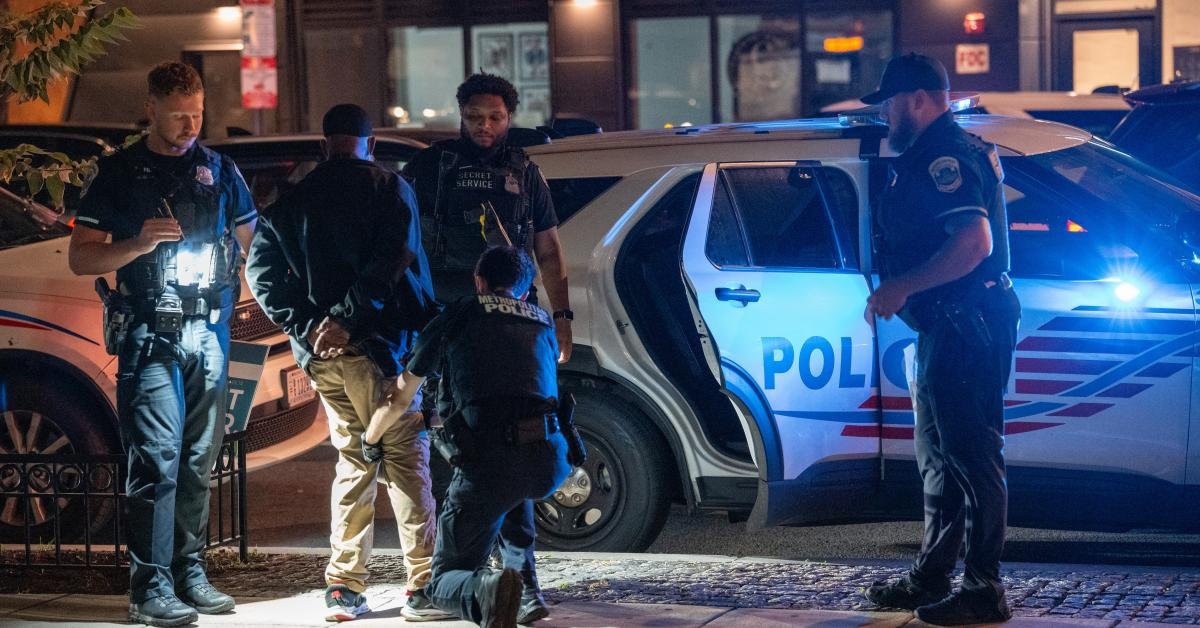
The Republican-led House on Tuesday passed two bills that attempt to crack down on juvenile crime in Washington, D.C., and is set to vote on two more related bills Wednesday.
One bill passed Tuesday lowers the age at which individuals can be tried as juveniles – from 24 to 18.
The bill, the D.C. CRIMES Act, also requires sentences to align with adult mandatory minimums and requires the city publish public data on youth crimes, according to local ABC-TV affiliate News 7.
The other bill, the Juvenile Sentencing Reform Act, allows certain minors, as young as 14, to be tried as adults for serious offenses. The bills received some support from Democrat members, but the Reform Act passed by a narrower margin than the CRIMES act.
“Fully grown legal adults in the District of Columbia can receive sentences meant for children. That is simply insane,” said CRIME act sponsor Rep. Byron Donalds, a Florida Republican.
The bills are among roughly 12 the lower chamber is attempting to pass as President Trump tries – with the deployment of the National Guard and the help of such federal agencies as the DEA and ICE – to curb violent crime and detain illegal migrants in the nation’s capital.
The measures that are passed will go to the Republican-controlled Senate. Though they face an uncertain future in the upper chamber, the Senate in 2023 passed a House-led measure to stop the District from softening punishments for crimes that was signed into law by then-Democrat President Joe Biden.
“I support D.C. Statehood and home-rule, but I don’t support some of the changes D.C. Council put forward over the Mayor’s objections such as lowering penalties for carjackings,” Biden tweeted.
District residents can elect their own lawmakers, but Congress has broad authority over the D.C. government, as part of a 1973 agreement known as Home Rule.
The two bills the House will consider Wednesday would, if passed, allow police officers to physically pursue suspects in some cases and would limit the District’s authority to weigh in on the appointment of local judges, further intensifying debates over the city’s criminal justice autonomy, the news outlet also reports.




